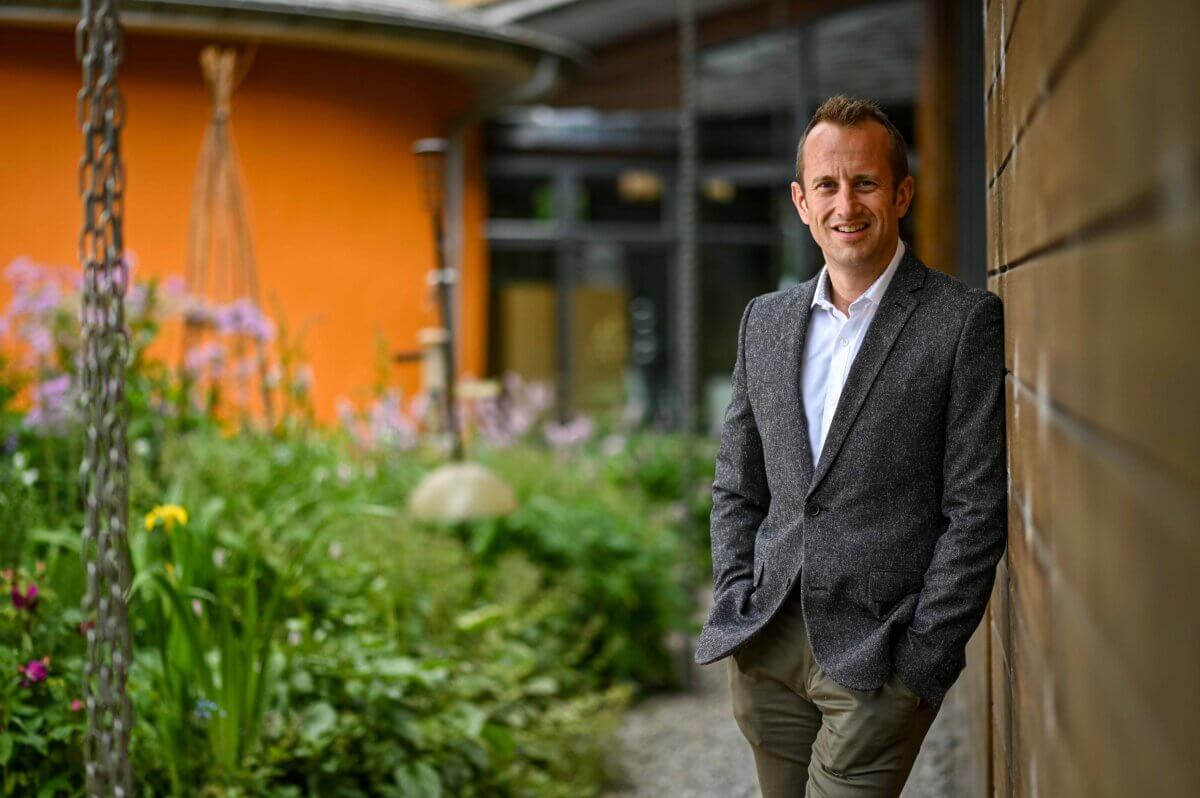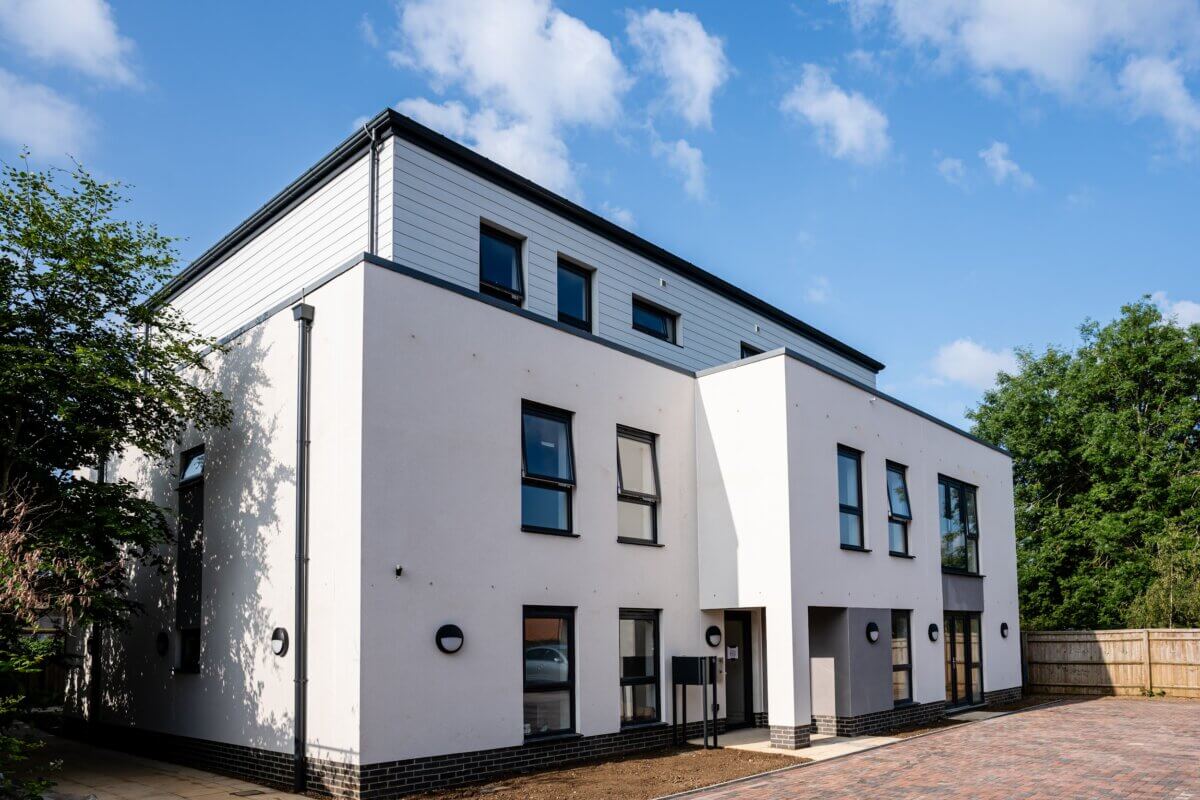Responding to COP30: the UK needs to prioritise decarbonisation

After COP30, Chris Meadows, Ecology’s Head of Marketing and Communications, shares some thoughts on UK priorities to reach net zero:
There’s been a mixed response to the deal agreed at COP30, with more emphasis on adaptation but limited progress on the just transition.
Whatever the outcomes, for many people the meeting’s impact can seem a long way away – geographically as well as from the practicalities of our everyday lives.
But these big, global conversations are an important reminder each year. A pause to take stock of progress, look at where things are now, and what needs to happen next.
The scale of the challenge can feel daunting but doing nothing in the face of the climate crisis is not an option. We all need to do what we can, as individuals, businesses and communities, to keep moving forward towards net zero.
However, as much as individuals and businesses like Ecology may wish to play their part, there’s a limit to what can be achieved without the right policies and infrastructure to allow us to maximise our impact.
So our Government – and other nations’ leaders around the world – can’t afford to draw back from the challenges and the necessary investment.
In the UK continuing with the significant progress of decarbonisation is vital, as we increase the output and capacity of renewables, and shrink our reliance on fossil fuels.
At the end of 1991, renewables accounted for just 2% of all electrical generation in the UK. By 2013 this figure had risen to 14.6% and last year hit a new record of 50.4%, the first time renewables had accounted for more than half of all generation.
While it’s important for the UK to continue to add to renewables, whether at local or national levels, we also must invest in the National Grid, to be able to better manage fluctuations in supply to meet demand.
We need to be able to ensure electricity is in the right place when it’s needed, whether that’s for powering homes or businesses or charging EVs. This includes the need to step up our battery capabilities. While storage capacity has risen by more than 500% since 2020, there is still a long way to go.
Because the green transition is just that – it’s a shift to new technologies and behaviours, not as quick and simple as flicking a switch.
That shift will see some jobs and industries decline but any losses will be offset by the huge opportunities for economic growth – creating the skilled jobs to develop, install and maintain new technologies, and the significant task of retrofitting existing buildings, including the UK’s stock of ageing, draughty homes.
And behavioural change can take time – sometimes over generations – to become accepted as common practice.
When people see the benefits of decarbonisation, such as saving money on their heating bills through improving their home’s energy efficiency, they are more likely to support change and advocate for it.
Remembering shifts in other areas of our lives over recent decades, we’ve seen lead outlawed from paint and petrol, smoking no longer permitted in public places, and car seatbelts made mandatory for drivers and passengers. We are all safer and healthier today because of positive changes like these which are now the norm.
Within Ecology, it’s always been important for us to operate transparently and lead by example through our own behaviour.
Our head office runs on 100% renewable electricity, with 20% of that coming from our solar panel arrays. With careful management, we’ve been able to cut emissions from our existing gas boiler by almost 59% since 2019 and in the coming weeks are replacing the boiler with a heat pump.
That’s another step on our own journey. One which our Members proudly share with us. We know we can’t do it alone but, by growing our membership, we can amplify our voice for change and maximise the impact we can make. Read more at www.ecology.co.uk and find out how to join us.



